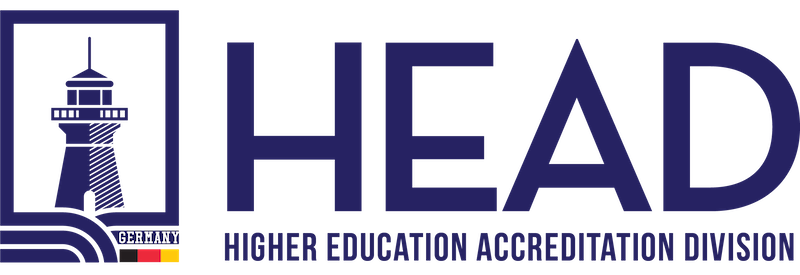Enhancing Processes and the Educational Organisation Management System for Optimal Performance

Introduction
In the ever-evolving landscape of education, it is crucial for educational organizations to continually improve their processes and management systems. This ongoing improvement ensures that the organization operates efficiently, delivers quality education, and meets the evolving needs of students and stakeholders. In this article, we will explore the significance of enhancing processes within an Educational Organisation Management System and discuss strategies for achieving optimal performance.
The Importance of Process Improvement
Process improvement is a systematic approach that aims to enhance efficiency, effectiveness, and overall performance within an organization. When applied to the Educational Organisation Management System, it offers numerous benefits:
- Streamlined Operations: By analyzing and refining existing processes, educational organizations can eliminate unnecessary steps, reduce redundancies, and improve workflow. This streamlining enhances productivity and frees up resources for more value-added activities.
- Enhanced Student Experience: Effective process improvement directly impacts the student experience. It ensures seamless administrative procedures, faster response times, and improved communication channels. These improvements contribute to a positive and supportive learning environment.
- Data-Driven Decision Making: Evaluating and improving processes often involves data analysis. Educational organizations can leverage this data to make informed decisions, identify trends, and proactively address challenges. Data-driven decision making leads to greater organizational effectiveness.
- Adaptation to Change: Education is a dynamic field, with evolving pedagogies, technologies, and regulatory requirements. Improved processes allow educational organizations to adapt quickly to change, ensuring they remain relevant and responsive to emerging needs.
Strategies for Process Improvement
- Identify Improvement Areas: Conduct a comprehensive evaluation of existing processes and identify areas that require improvement. Seek input from stakeholders, including administrators, teachers, students, and parents, to gather diverse perspectives and insights.
- Set Clear Objectives: Define specific and measurable objectives for each process improvement initiative. Clear objectives help focus efforts, establish benchmarks for success, and ensure alignment with the organization’s strategic goals.
- Embrace Technology: Leverage technology to automate repetitive tasks, enhance communication, and improve data management. Educational Organisation Management Systems, learning management platforms, and data analytics tools can streamline processes and drive efficiency.
- Foster Collaboration: Encourage collaboration among different stakeholders to foster a culture of innovation and continuous improvement. Cross-functional teams can bring diverse expertise and ideas, leading to more effective and holistic process enhancements.
- Regular Monitoring and Evaluation: Implement mechanisms to monitor and evaluate the impact of process improvements. Key performance indicators, feedback loops, and regular assessments help gauge progress, identify challenges, and make informed adjustments.
- Professional Development: Invest in professional development programs to equip staff with the necessary skills and knowledge for process improvement initiatives. Training programs can enhance change management capabilities and foster a culture of innovation.
Conclusion
Continuous improvement of processes and the Educational Organisation Management System is essential for educational organizations to thrive in a rapidly changing landscape. By embracing process improvement strategies, such as streamlining operations, leveraging technology, fostering collaboration, and monitoring progress, educational organizations can enhance their performance, optimize resource allocation, and ultimately provide a better educational experience for students. Embracing a culture of continuous improvement positions educational organizations for long-term success and enables them to adapt to the ever-evolving needs of the education sector.
Source: HEAD – Higher Education Accreditation Division
Would you like to speak to one of our Higher Education Accreditation Expert? Just submit your details and we’ll be in touch shortly. You can also email us if you would prefer.

